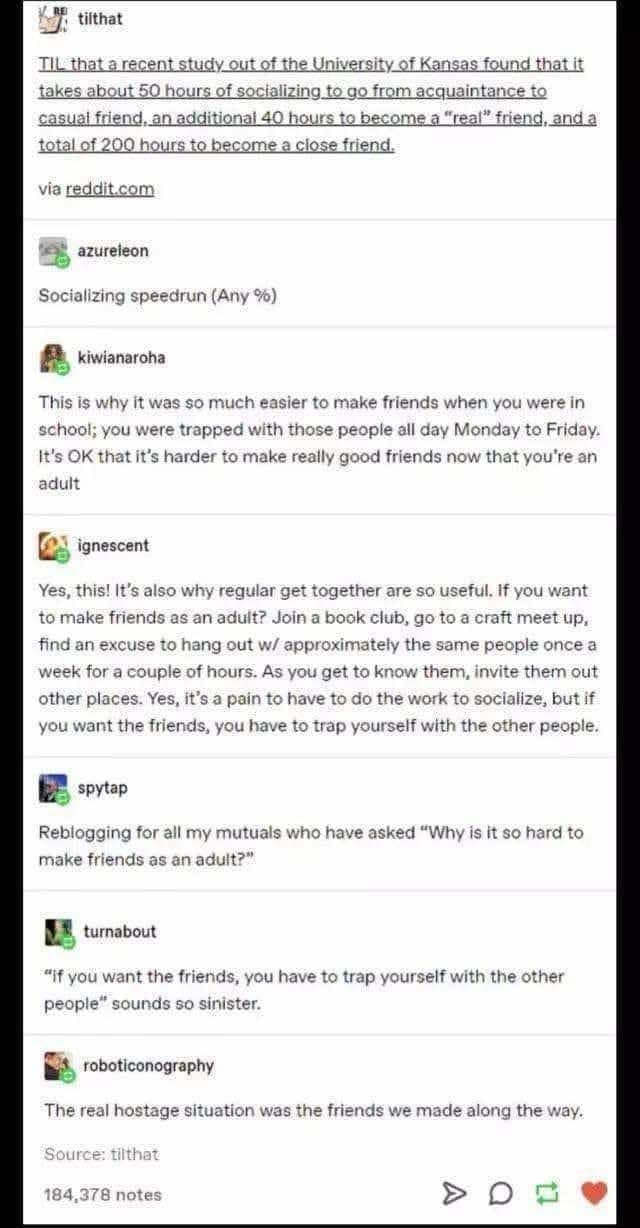

If you want a fun experiment of all the things we see but don’t actually process, I recommend the game series I’m On Observation Duty. You flip through a series of security cameras and identify when something changed. It’s incredible when you realize the entire floor of a room changed or a giant thing went missing, and you just tuned it out because your brain never felt a need to take in that detail.
It’s sorta horror genre and I hate pretty much every other horror thing, but I love those games because they make me think about how I think.


Ha, I’ve heard of that one so I caught it. I missed 3 of the passes, though!